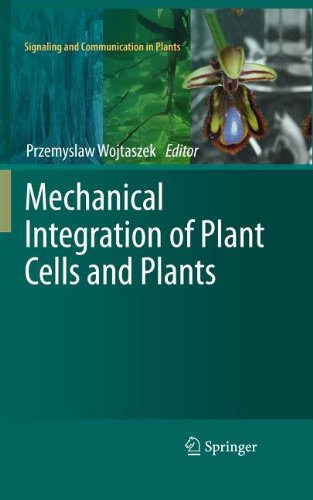

Most ebook files are in PDF format, so you can easily read them using various software such as Foxit Reader or directly on the Google Chrome browser.
Some ebook files are released by publishers in other formats such as .awz, .mobi, .epub, .fb2, etc. You may need to install specific software to read these formats on mobile/PC, such as Calibre.
Please read the tutorial at this link: https://ebookbell.com/faq
We offer FREE conversion to the popular formats you request; however, this may take some time. Therefore, right after payment, please email us, and we will try to provide the service as quickly as possible.
For some exceptional file formats or broken links (if any), please refrain from opening any disputes. Instead, email us first, and we will try to assist within a maximum of 6 hours.
EbookBell Team

4.4
52 reviewsChemical reactions and interactions between molecules are commonly considered the basis of life, and thus the biochemical nature of cells and organisms is relatively well recognized. Research conducted in recent years, however, increasingly indicates that physical forces profoundly affect the functioning of life at all levels of its organization. To detect and to respond to such forces, plant cells and plants need to be structured mechanically.
This volume focuses on mechanical aspects of plant life. It starts with a consideration of the mechanical integration of supracellular structures and mechanical properties of cellular building blocks to show how the structural integrity of plant cells is achieved and maintained during growth and development. The following chapters reveal how the functioning of integrated plant cells contributes to the mechanical integration of plants, and how the latter are able to detect physical stimuli and to reorganize their own cells in response to them. The mechanical aspects of plant responses to stresses are also presented. Finally, all these aspects are placed in an evolutionary context.